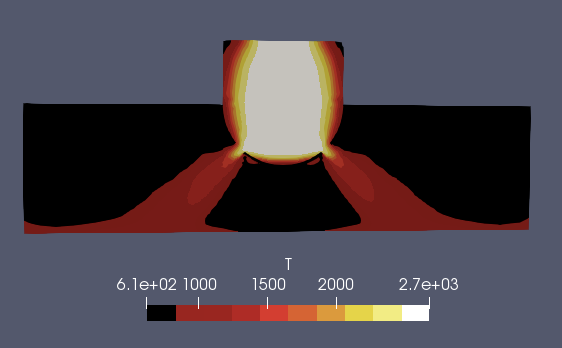Today was my last day at work. Now I have till the end of this month free, until I will start a new exciting job in the field of combustion development for spark-ignition engines :)
I still see a lot of potential in thermal engines, in particular in the gasoline engines, which emit less pollutants then diesel engines, without any complicated and expensive after treatment devices. Unfortunately, diesel engines were too much in the focus of most of the profit driven OEMs in the last years. Costumers were more concerned about the fuel and consumption, than on the environment. But this have changed, since everyone is talking right now about e-mobility. Comparing the dirty diesel engines with e-vehicles and than judging about all combustion engines (including gasoline engines), is clearly not fair. Once the community has understood that an modern gasoline engine, can achieve similar consumption rates than a diesel engine, while emitting less emissions (even less than an e-vehicle based on a well-to-wheel consideration) people will consider buying gasoline engines again. Therefore, it is of paramount interest that we do continue to develop new combustion concepts. A good example is the pre-chamber ignition, as it is used in the Formula 1 by Mercedes and Ferrari, leading to a more robust and efficient combustion for very lean mixtures.

Attached you can see a simulation performed with OpenFOAM, using the XiFoam solver (flame surface density transport equation) for combustion. It shows flame torches ejected to the main combustion chamber as it would appear in the recent formula 1 engines. The colour presents the temperature in Kelvin.